13 Books to Educate Yourself on Palestine
13 Books to Educate Yourself on Palestine
Environmental Warfare in Gaza Colonial Violence and New Landscapes of Resistance
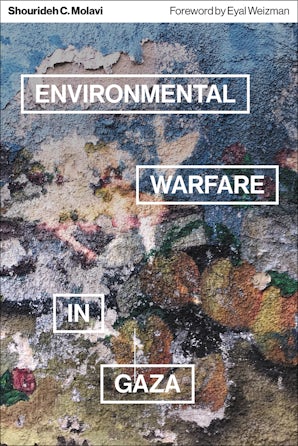
This book on Palestine examines the use of environmental degradation as a tool of colonial oppression in the Gaza Strip. It explores the strategic employment of environmental tactics in warfare, contributing to the broader landscape of colonial violence. Additionally, it highlights the resilience and innovative resistance methods within these communities, emphasizing their fight against environmental injustice. This analysis is vital for understanding the complex dynamics of environmental warfare in conflict zones globally.
Greater than the Sum of Our Parts Feminism, Inter/Nationalism, and Palestine
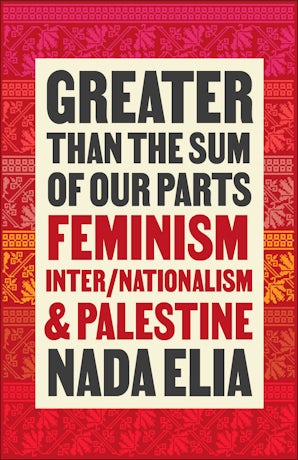
This book offers a thought-provoking exploration of feminism and inter/nationalism within the context of Palestine. It delves into the complex interplay between gender, national identity, and the broader struggle for rights and recognition in the Palestinian context. By weaving together feminist perspectives with the challenges of nationalism, the work presents a unique viewpoint on how these forces interact and influence the Palestinian resistance and societal structure. The book is a significant contribution to understanding the multifaceted dimensions of identity, struggle, and empowerment in Palestine, and how these are shaped by both local and global forces.
The Hundred Years’ War on Palestine

This book is a critical examination of the prolonged conflict in Palestine, framed as a century-long war against Palestinian self-determination and statehood. It provides a historical analysis of the conflict, starting from the early 20th century, highlighting the political, social, and military struggles faced by the Palestinian people. The author weaves together personal narratives and historical events to present a comprehensive view of the Palestinian experience, including the impacts of colonialism, international politics, and local resistance movements. The book is an important contribution to understanding the depth and complexity of the Palestinian-Israeli conflict, offering insights into the persistent challenges and the resilience of the Palestinian community in their quest for recognition and rights.
On Palestine

This book offers an in-depth look into the contemporary state of the Palestinian struggle, blending political analysis with historical context. It examines the ongoing issues faced by Palestinians, including the Israeli occupation, international diplomacy, and internal governance challenges. The book also explores the global response to the conflict, the role of international organizations, and the impact of external political pressures on the region. By providing a nuanced understanding of the complex dynamics at play in Palestine, it highlights the obstacles to peace and the potential pathways towards a resolution. This work is a valuable resource for anyone seeking a deeper understanding of the Palestinian situation and the broader Middle Eastern conflict.
Israeli Apartheid: A Beginner’s Guide
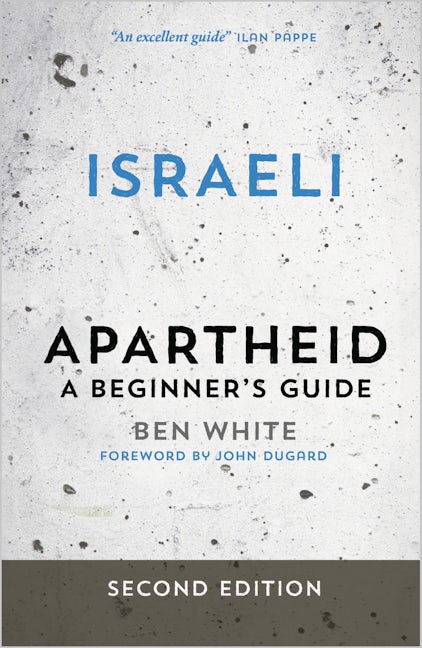
This is an accessible and informative introduction to the concept of apartheid in the context of Israel’s policies towards the Palestinians. The book breaks down complex political and social issues, making them understandable for readers new to the subject. White examines the historical background and the current realities on the ground, presenting arguments as to why the term ‘apartheid’ is used by some to describe the situation. He also discusses the implications of this terminology in terms of international law and human rights. The book encourages readers to think critically about the Israeli-Palestinian conflict and the broader implications of policies and practices in the region. It’s an essential read for those seeking to understand the nuances of one of the most enduring and contentious conflicts in the modern world.
Unsilencing Gaza Reflections on Resistance
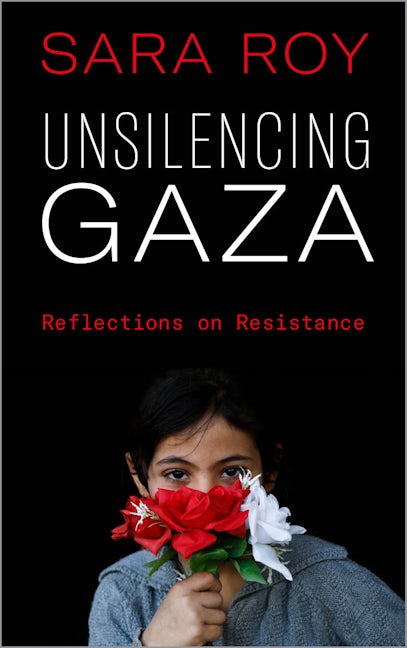
A poignant and insightful exploration of the human and political dimensions of life in the Gaza Strip. Roy, through her extensive research and personal experiences, presents a vivid account of the resilience and resistance of the Gazan people under prolonged conflict and blockade. The book delves into the daily struggles, hopes, and unwavering spirit of resistance among the residents of Gaza, offering a narrative that goes beyond the usual focus on conflict and politics. Roy’s work emphasizes the importance of understanding Gaza not just as a place of perpetual strife, but as a community with its own rich history, culture, and aspirations. This book is a significant contribution to the conversation about Gaza, providing a deeper, more humanized perspective on its complex reality.
Voices of the Nakba A Living History of Palestine

A powerful compilation of personal narratives and accounts that document the experiences of Palestinians during the Nakba, the 1948 catastrophe that led to the displacement of hundreds of thousands of Palestinians following the establishment of the state of Israel. The book presents a tapestry of stories from survivors and their descendants, offering a deeply human perspective on the enduring impact of this pivotal event. These firsthand accounts provide invaluable insights into the emotional and cultural significance of the Nakba in Palestinian collective memory. Through these stories, the book illuminates the resilience, suffering, and ongoing struggles of the Palestinian people, making it a crucial resource for anyone seeking to understand the historical and personal dimensions of the Palestinian experience.
My Life in the PLO: The Inside Story of the Palestinian Struggle

This book offers a rare and intimate glimpse into the inner workings of the Palestine Liberation Organization (PLO) through the eyes of one of its founding members. Al-Hout, with his unique position within the organization, provides an insider’s perspective on the PLO’s evolution, strategies, and key moments in its history. The book chronicles the political and military efforts of the PLO, the challenges it faced, and its role in the broader Palestinian struggle for self-determination. Al-Hout’s narrative blends personal anecdotes with political analysis, offering insights into the complexities and dynamics of the Palestinian resistance movement. This memoir is not only a historical account but also a reflection on the personal costs and commitments involved in a prolonged struggle for national liberation.
The Making and Unmaking of a Zionist: A Personal and Political Journey

A thought-provoking memoir that charts the author’s journey from being a committed Zionist to a critical observer of Zionism and Israeli policies. Lerman, through his personal experiences, offers a unique perspective on the ideological shifts and internal debates within Jewish and Zionist communities. The book delves into the complexities of Jewish identity, the Israeli-Palestinian conflict, and the challenges of advocating for a more inclusive and just approach to Zionism. Lerman’s journey reflects broader questions about nationalism, identity, and the ethics of political commitment. This work is a significant contribution to the discourse on Zionism and Israeli politics, providing a nuanced view of the struggles and transformations within these movements.
The Last Earth: A Palestinian Story
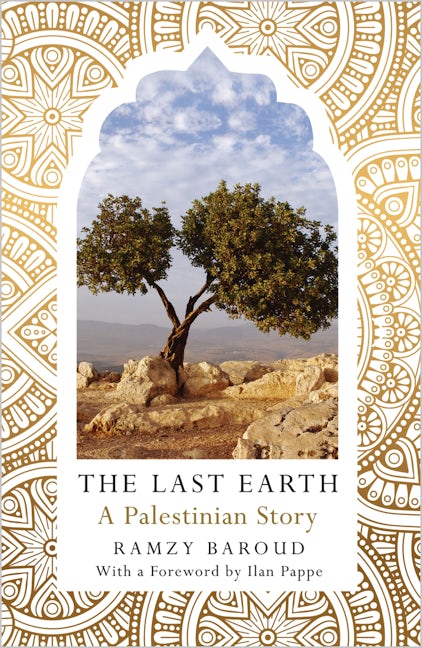
A compelling narrative that tells the story of modern Palestine through the eyes of its people. The book is a collection of vivid, personal accounts from Palestinians who have lived through the events that shaped their nation’s history. Baroud weaves together these stories to form a tapestry of resilience, suffering, and resistance against the backdrop of the Israeli-Palestinian conflict. The narratives range from the Nakba in 1948 to contemporary times, offering a humanized and intimate perspective on the Palestinian experience. This approach allows readers to understand the conflict not just as a political and territorial dispute, but as a deeply personal and ongoing struggle for the people of Palestine. “The Last Earth” is an essential read for those who seek to comprehend the Palestinian plight and resilience through the power of storytelling.
The West Bank Wall: Unmaking Palestine
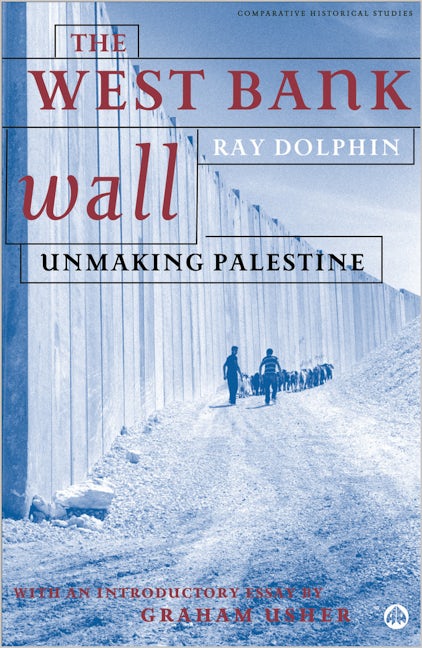
An in-depth examination of the impact of the separation barrier, often referred to as the West Bank Wall, on the Palestinian people and their land. Dolphin delves into the political, social, and economic ramifications of this massive structure, analyzing how it has reshaped the landscape of the region and the lives of those living in its shadow. The book scrutinizes the wall’s role in the broader Israeli-Palestinian conflict, exploring its implications for the peace process, territorial integrity, and daily existence of Palestinians. Through a combination of on-the-ground reporting and analysis, Dolphin highlights the profound effects of the wall on mobility, agriculture, access to resources, and the psychological well-being of the Palestinian population. This work offers a critical perspective on one of the most controversial and significant developments in the Israeli-Palestinian conflict.
The Myths of Zionism
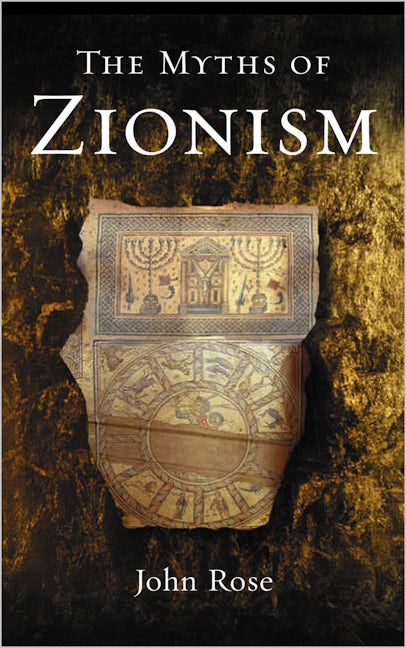
A critical examination of the foundational ideologies and narratives that have shaped the Zionist movement. Rose challenges conventional understandings and interpretations of key historical events and concepts that are central to Zionist ideology. The book delves into a range of topics, including biblical claims to the land, the history of Jewish persecution, the formation of the state of Israel, and its subsequent policies towards the Palestinians. Rose argues that these foundational myths have been used to justify actions and policies that have had profound implications for the Israeli-Palestinian conflict. His analysis seeks to deconstruct these narratives, offering alternative perspectives and contributing to a more nuanced understanding of the historical and contemporary realities of the region. The book is a provocative and enlightening read for those interested in the ideological underpinnings of Zionism and their impact on the Middle East.
Settler Colonialism: An Introduction
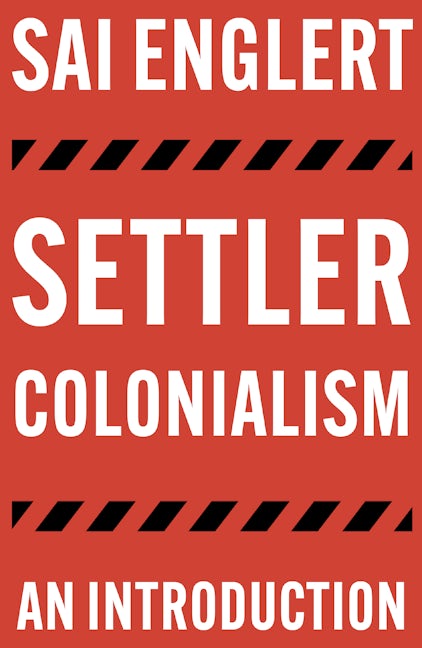
An informative and insightful book that provides a comprehensive overview of the concept and practice of settler colonialism. Englert explores the historical and theoretical foundations of settler colonialism, examining how it differs from other forms of colonialism. The book delves into various case studies from around the world, illustrating how settler colonialism has been implemented and resisted across different contexts and time periods. Englert discusses the impact of settler colonialism on indigenous populations, including the dispossession of land, culture, and rights. The book also addresses contemporary implications and the ongoing struggles against settler colonial structures. This introduction is an essential resource for understanding the complexities of settler colonialism and its lasting effects on societies globally.





